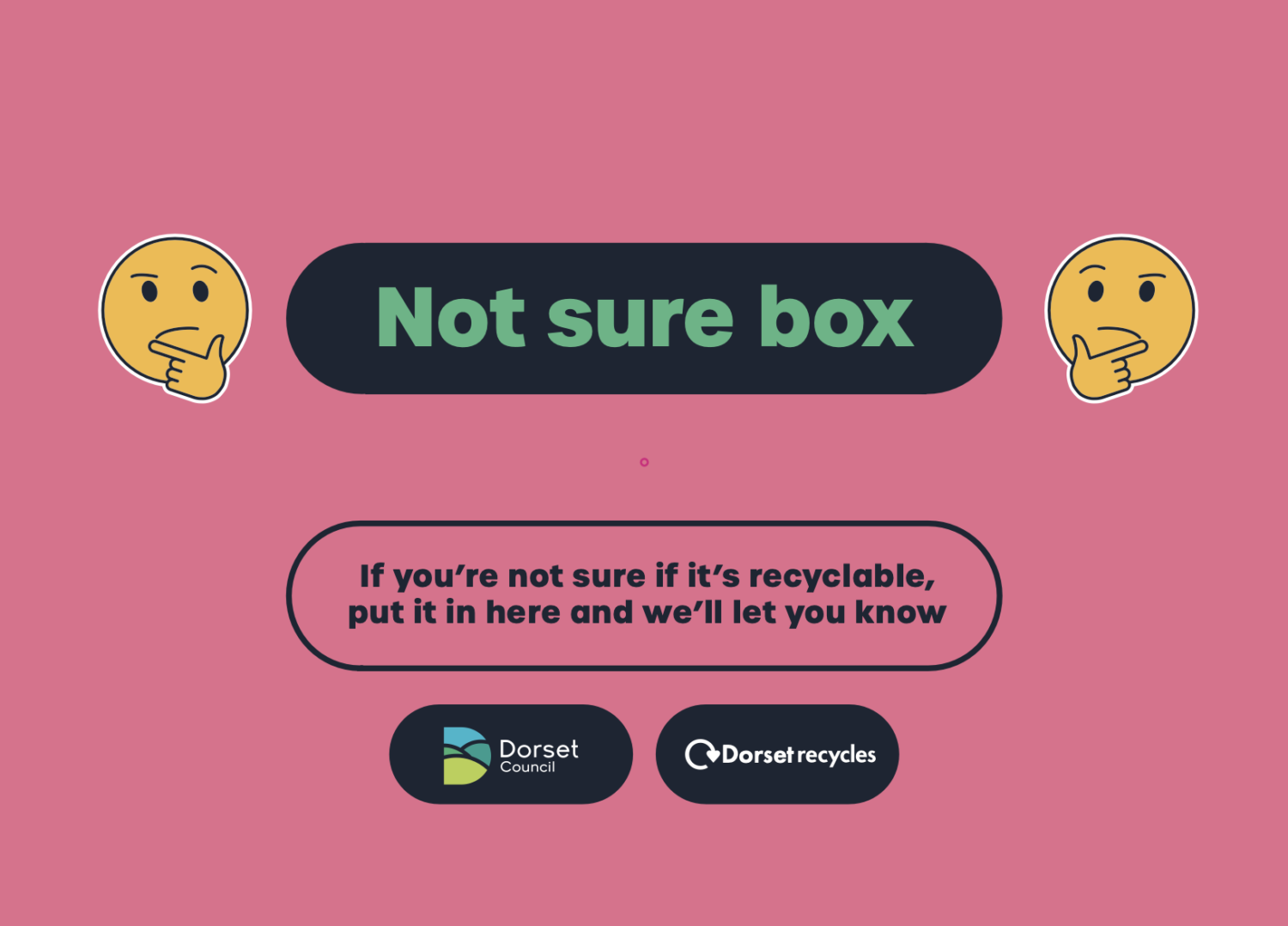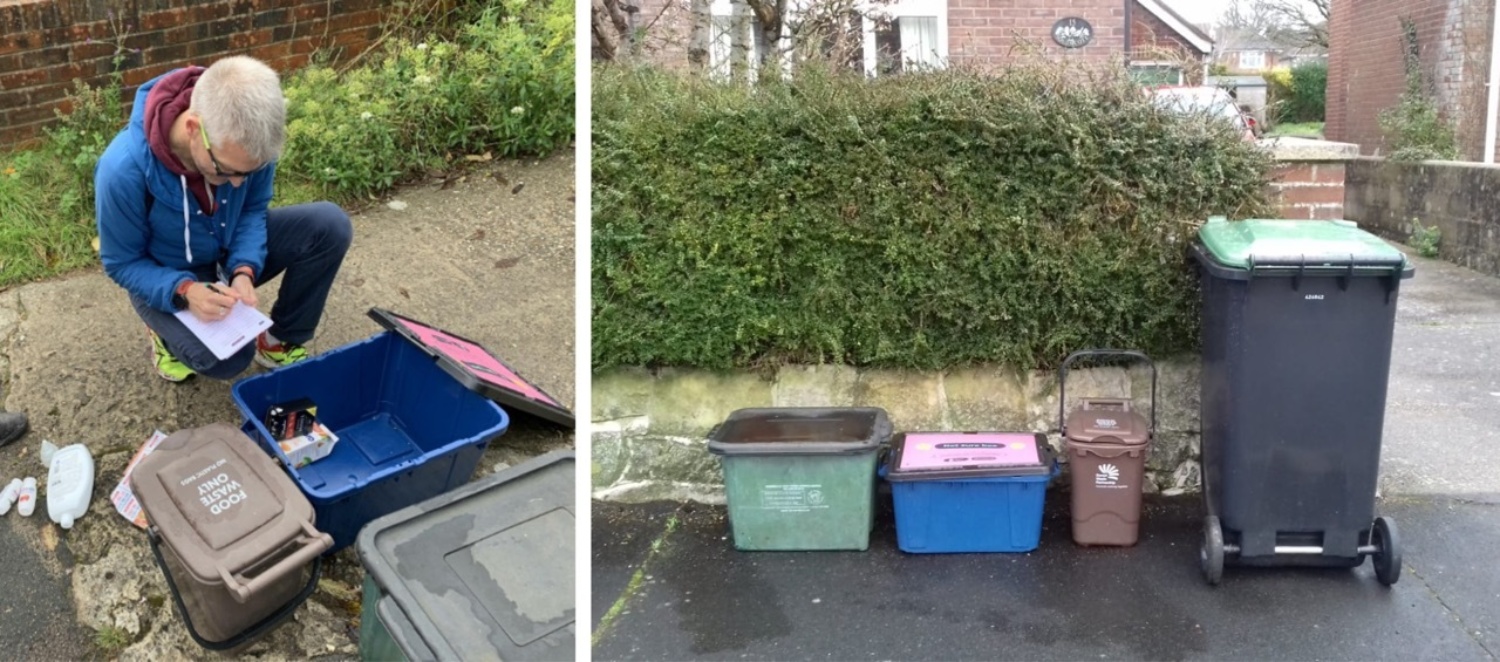
When was the last time you weren’t quite sure if something was recyclable or not but took a chance and chucked it in the recycling anyway? If you’re an occasional ‘wishcycler’ you’re certainly not alone.
One of the biggest barriers to increasing UK recycling rates remains confusion: most of us aren’t completely positive about what should go in the recycling and what should go in the rubbish. WRAP’s latest national tracker research shows that less than 1 in 10 feel “very confident” about what can/can’t be recycled. This means that ‘missed capture’ remains high - on average households throw 2.4 types of recyclable item into the rubbish - and ‘contamination’ is a persistent issue - 82% are putting non-recyclable items in the recycling.
Our research a few years ago for WRAP’s Recycle Now campaign showed that people generally fall into one of two camps: ‘checkers’ (who look at packs and labels when in doubt, and get it mostly right) and ‘guessers’ (who hope for the best, and get it wrong a lot). I’m sure you have a good sense of which camp you fall into! Adding to the confusion are specific factors associated with the packs themselves, like misleading labels or a blend of recyclable and non-recyclable components, as well as everyday factors like dealing with rubbish from bedrooms and bathrooms.
Traditional approaches by councils to deal with this often turn to providing information, through hangers on bins or passive communications like leaflets through the door. However, a one-size-fits-all approach like this is always going to fall flat when people have such individual waste habits and are confused about different items. Something more immediate and disruptive is needed, which led us to develop the Not Sure Box: a new council service that enables people to get personalised feedback about what they can and can’t recycle.

It works like this. Over a short period of three recycling collections, households put their Not Sure Box out along with the usual containers, throwing in it anything they aren’t sure is recyclable. On collection day, council staff sort recyclable items into the recycling and leave feedback in the box about how to correctly dispose of remaining items.

In our pilots with Dorset Council over half of households used the box, which indicated that significant levels of confusion did indeed exist, and that the box was engaging and easy to use. Most importantly, contamination (incorrect recycling) reduced by a whopping 45% across the area (measured through waste composition analysis before and six weeks after the intervention).
The success of interventions like this demonstrates the importance of all elements of a behaviour change approach: fresh research to identify new opportunities, creative ideas, and a rigorous approach to execution and evaluation. If you’d like to know more about the Not Sure Box and how you could trial it, get in touch.
Share
